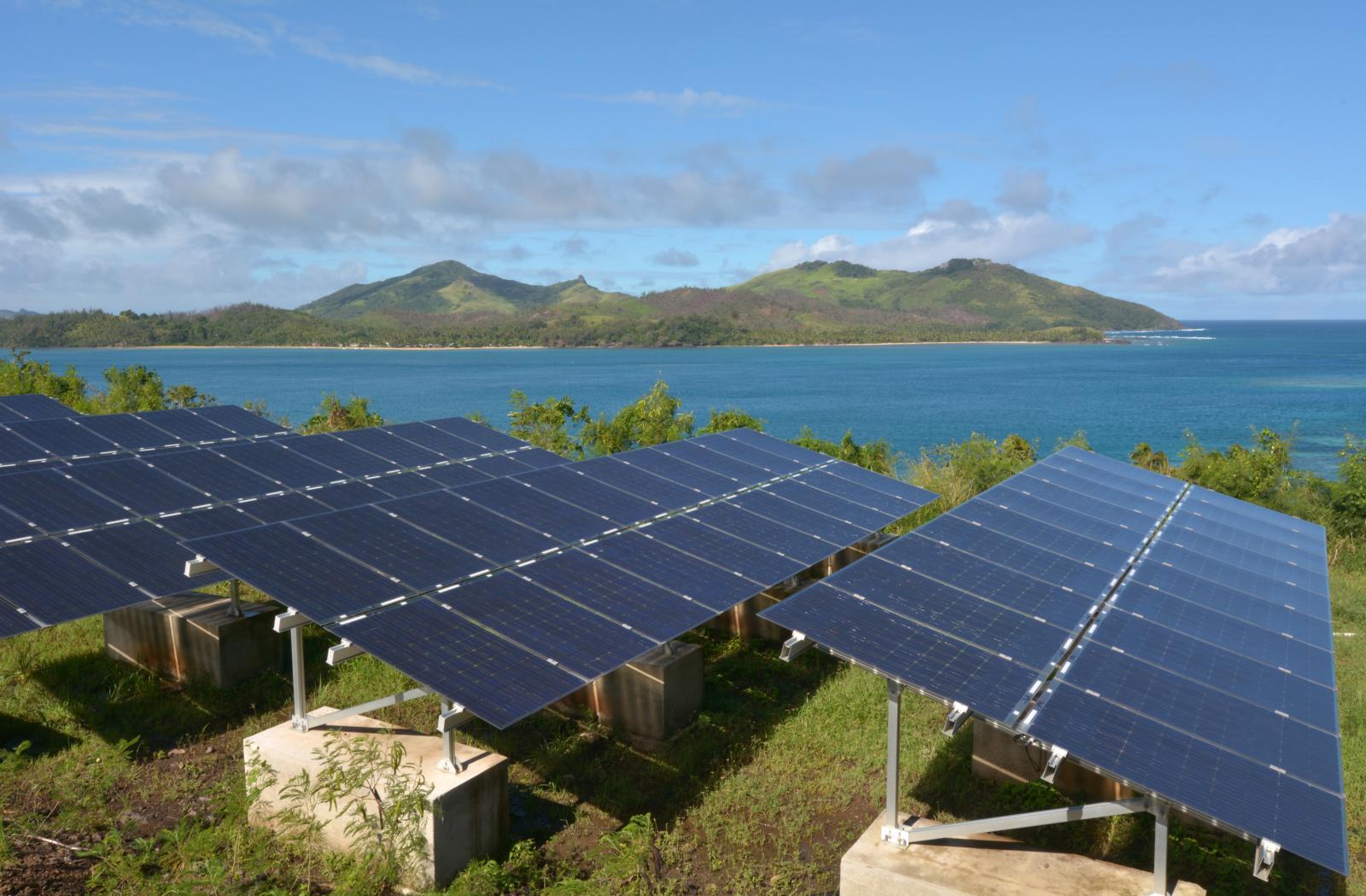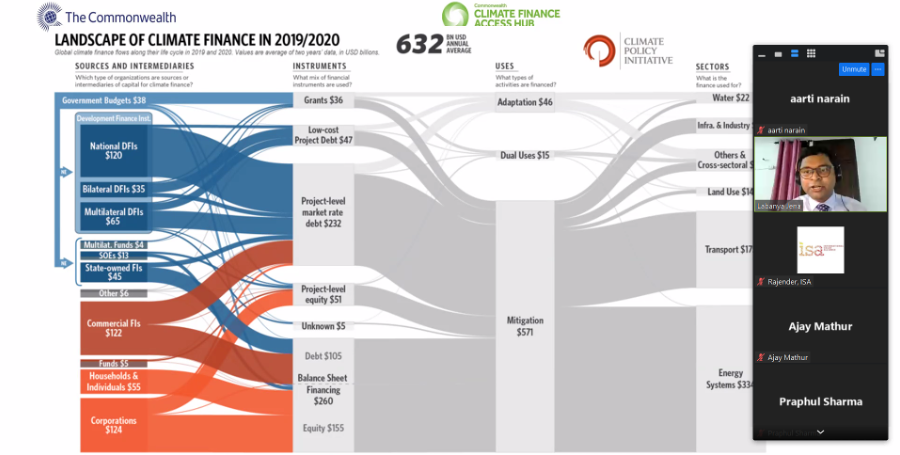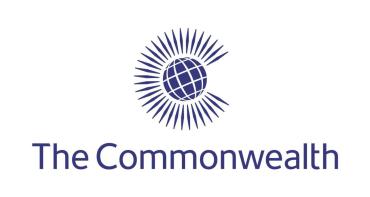Last week a workshop was held to train senior officials from Africa and the Caribbean to develop financial proposals which will help them raise funds for future climate projects.

Hosted by the Commonwealth Climate Finance Access Hub (CCFAH) and the International Solar Alliance (ISA), the two-day virtual workshop trained over 55 professionals working in government, financial institutions, and the private sector.
The objective of the workshop was to train professionals working in climate action to equip them with the knowledge and skills to help them design concept notes and financial proposals to raise capital for climate actions. The workshop also familiarised participants with various financial instruments that can be used to raise capital for climate projects.
It is a fact that Small Island Developing States (SIDS) and Least Developed Countries (LDCs) are most exposed and vulnerable to climate change risks. While not causing climate crises (which stem from heavy carbon emissions by developed countries), these countries are also the least resourceful to take climate mitigation and adaptation actions.
They require a large amount of capital to transition to a low-carbon economy, make themselves resilient against climate change, and achieve their commitments made under the Paris Agreement.

However, there is a wide gap between current capital mobilization and required funding for these countries’ climate actions. Their governments will find it challenging to meet the amount of capital needed for climate action. Hence, they need public and private capital to bridge their financing gaps for climate actions.
The purpose of the workshop was to address the need for upskilling professionals in government departments and the private sector, as the required technical know-how to develop project proposals for raising climate capital is often absent. By training professionals working in this area, countries will be able to improve their mitigation and adaptability climate strategies.
In the opening session of the workshop, Dr Ajay Mathur, the Director-General of the ISA, said:
“ISA’s goal is to enable global, large-scale solar deployment with a special focus on Least Developed Countries and Small Island Developing States (LDCs and SIDS). We are cognizant of the fact that for successful deployment at desired speed and scale, the sector requires increased institutional capacity and skilled human resources. This collective capacity building initiative between the ISA and the Commonwealth Climate Finance Access Hub (CCFAH) will help create a cadre of professionals with the right knowledge and skill set for raising international climate capital.”
The Head of Climate Change at the Commonwealth Secretariat, Dr Unnikrishnan Nair, added his thoughts:
“It is great to see the MoU between the Commonwealth Secretariat and the International Solar Alliance being translated into tangible work on the ground, especially around offering joint capacity building training to member countries in the area of climate finance with specific focus on solar finance.”



